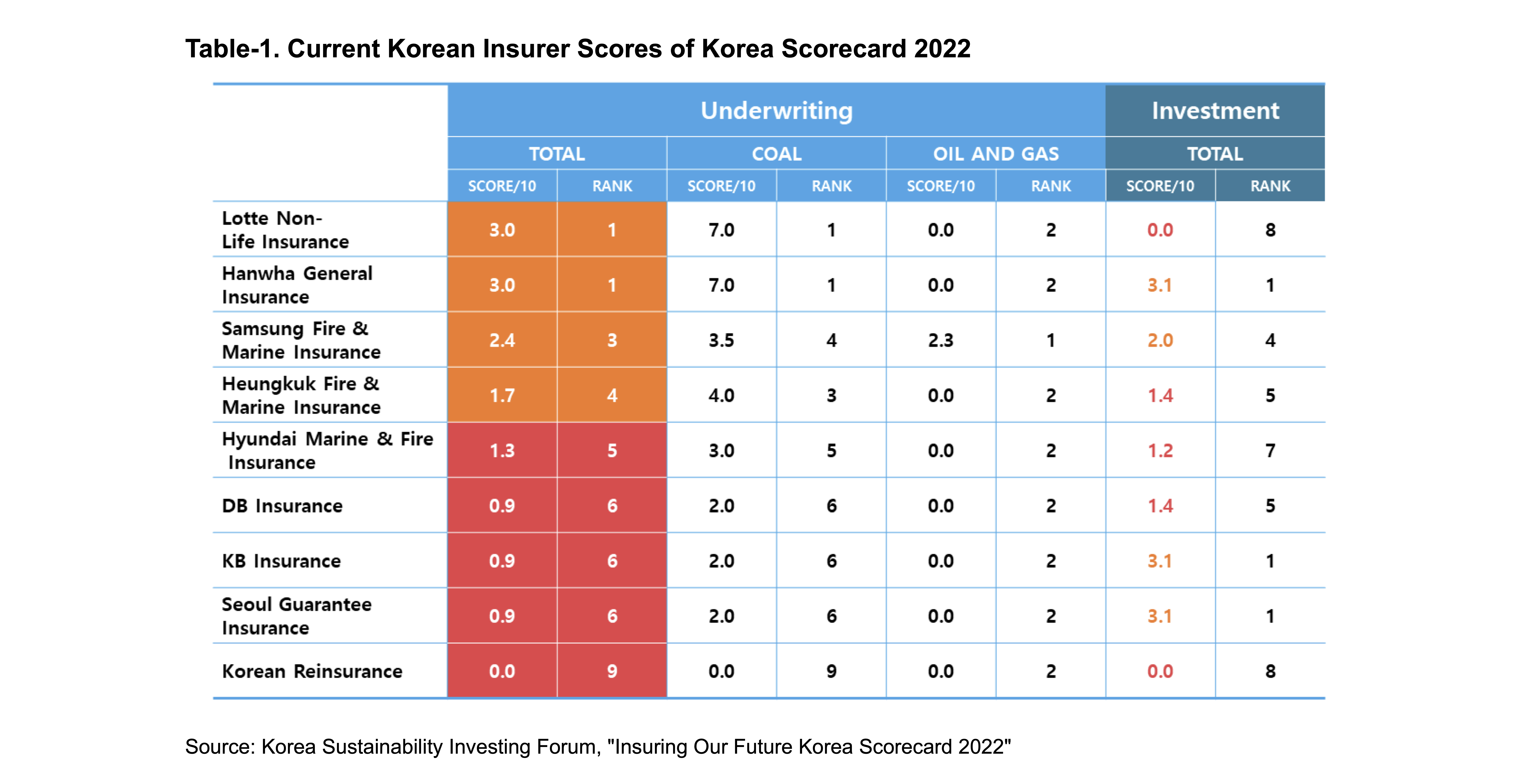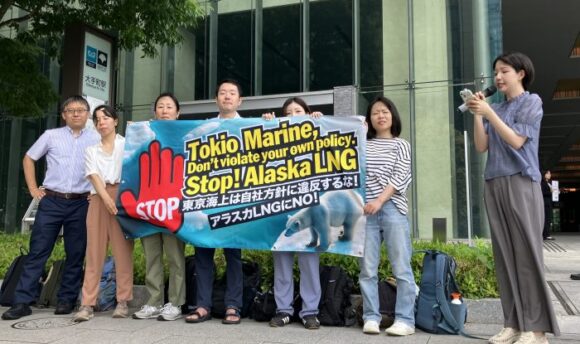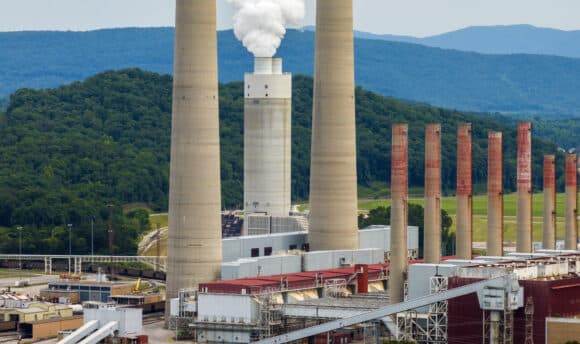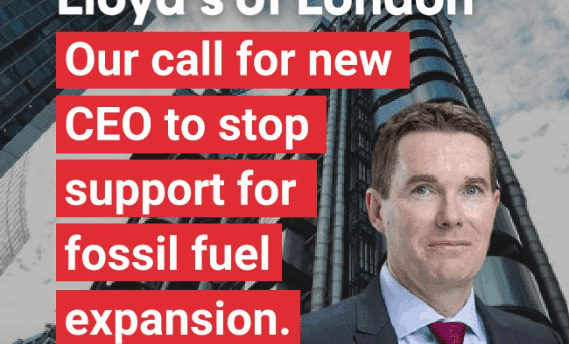Eight out of nine companies score “0” on oil and gas insurance and investment policies. Need to establish a policy on overall fossil fuels to manage climate change risk.
Even as fossil fuels were (and still are) being identified for exacerbating climate change, it was found that Korean domestic property and casualty insurers have no policies for insurance underwriting (hereinafter, “underwriting”) or investment related tooil and gas. Hence, it was pointed out that policies to manage climate change risk need to be established.
The Korea Sustainability Investing Forum analyzed the underwriting and investment policies of Korean domestic property and casualty insurers and found each insurer’s fossil fuel policy focused on “coal,” overlooking the risks of oil and gas.
Based on these findings, the Korea Sustainability Investing Forum has published “Insuring Our Future Korea Scorecard 2022.”


Of the nine insurers surveyed in the report, eight, excluding Samsung Fire & Marine Insurance, were found not to have established an oil and gas underwriting policy, with none having a policy limiting investments in oil and gas. The average score for fossil fuels underwriting policies, including oil and gas, was 1.5 out of 10 and 1.7 for investment policies, showing concerning differences with the 4.1 for underwriting and 3.9 for investment for the Global Top 10 property and casualty insurers including Allianz, AXA, and Swiss Re based on the 2022 Scorecard on Insurance, Fossil Fuels & Climate Change. Considering that Global Top 10 insurers and reinsurers are leading the insurance industry, it appears that domestic property and casualty insurers need to step up efforts to close the gap with global property and casualty insurers.
Meanwhile, the total amount of fossil fuel financing by the nine insurers as of the end of June 2022 was approximately KRW 105 trillion. Of these, coal-related insuring balances were KRW 38.1 trillion and investment balances were KRW 6.6 trillion, while oil and gas related insuring balances were KRW 56.8 trillion and investment balances were KRW 3.1 trillion.
“Insuring Our Future Korea Scorecard 2022,” published by the Korea Sustainability Investing Forum, is a Korean version of the scorecard that uses the same questions and evaluation methodology as the “Insure Our Future’s Annual Scorecard.” This Scorecard is an annual report published by Insure Our Future, a global campaign to raise awareness of the insurance industry’s role in the climate crisis. It assesses and scores underwriting and investment policies for coal, oil, and gas for 30 major property and casualty insurers and reinsurers globally. In doing so, it calls out for global insurers to end insurance support for new fossil fuel projects and phase out support for existing coal, oil, and gas operations in line with the 1.5℃ climate goal.
To meet the Paris Climate Agreement’s 1.5℃ goal, global fossil fuel production must decline by 9.5% for coal, 8.5% for oil, and 3.4% for gas each year through 2030. Global insurers’ fossil fuel policy flows are found to be expanding from coal to oil and gas. In the case of the Korean domestic property and casualty insurers, the coal-free mainstreaming of the financial sector, which began in 2018, has led to the generalization of coal-related policies across the board. However, the analysis indicated that coal underwriting policies are limited to new coal insurance, and no insurer was found to have a specific plan for phasing out existing insurance. Further, it was noted that Korean domestic insurers’ fossil fuel underwriting and investment restriction policies, which focus only on coal, need to be expanded to include oil and gas.
In its report, the Korea Sustainability Investing Forum identified that the insurance industry should establish specific criteria for excluded or significant companies to manage climate risk using indicators such as the percentage of fossil fuel-related revenues, facilities, and production of companies they underwrite and invest in; it was also argued that a (phase-out) exit strategy for fossil fuel assets, including oil and gas, should be established. Moreover, the report emphasized the need to seize new opportunities at the tipping point of the transition to a renewable energy system as an alternative to fossil fuels.
"We plan to continue engaging with domestic insurers based on the publication of this report. We will share the role of the insurance industry in overcoming the climate crisis with financial authorities and private financial institutions so that changes in the insurance industry can serve as a cornerstone for the transition to a renewable energy system while mitigating climate change risks across domestic industries."



